Services
- Home
- Services
Trademark registration in India allows the applicant to use symbols or words to represent a business or the products that are offered by a business to distinguish the goods or services that are offered by them from the competitors. After the trademark is registered in India no other organization cannot use it as long as it remains in use.

Copyright is a type of intellectual property that gives its owner the exclusive right to make copies of a creative work, usually for a limited time. The creative work may be in a literary, artistic, educational, or musical form. Copyright is intended to protect the original expression of an idea in the form of a creative work, but not the idea itself.[6][7][8] A copyright is subject to limitations based on public interest considerations, such as the fair use doctrine in the United States.
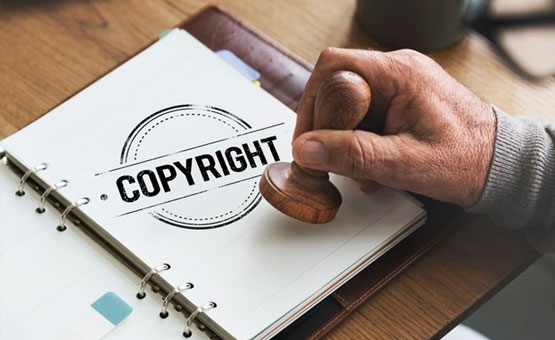
FSSAI License or FSSAI Registration in India is mandatory for starting a food or related business. The FSSAI License is issued by the Food Safety and Standards Authority Act,2006. The Food Safety and Standard Authority of India and the State Food Authorities are jointly responsible for implementing the FSAI rules. The FSSAI is responsible for registering and licensing the Food business operators and also lays the rules and regulation for running any food or related business in India
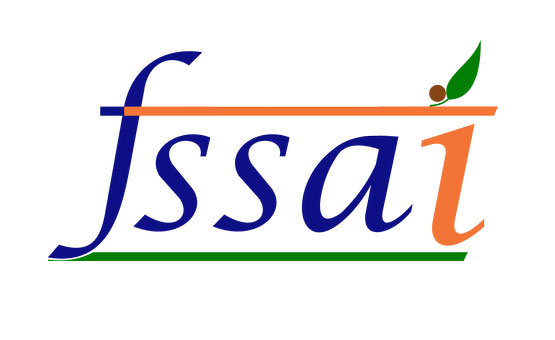
A patent application is a request pending at a patent office for the grant of a patent for an invention described in the patent specification and a set of one or more claims stated in a formal document, including necessary official forms and related correspondence. It is the combination of the document and its processing within the administrative and legal framework of the patent office.
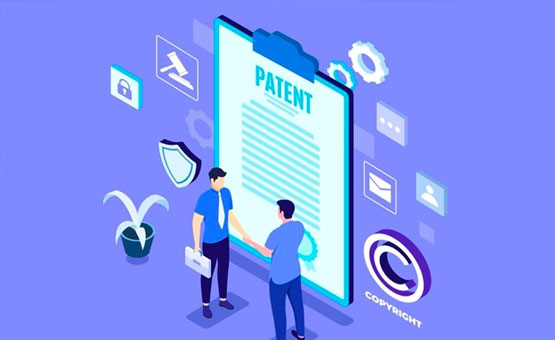
A sales tax is a consumption tax imposed by the government on the sale of goods and services. A conventional sales tax is levied at the point of sale, collected by the retailer, and passed on to the government. A business is liable for sales taxes in a given jurisdiction if it has a nexus there, which can be a brick-and-mortar location, an employee, an affiliate, or some other presence, depending on the laws in that jurisdiction.

Income tax is a direct tax that a government levies on the income of its citizens. The Income Tax Act, 1961, mandates that the central government collect this tax. The government can change the income slabs and tax rates every year in its Union Budget. Income does not only mean money earned in the form of salary. It also includes income from house property, profits from business, gains from profession (such as bonus), capital gains income, and 'income from other sources'. The government also often provides certain leeway such that various deductions are made from an individual's income before the tax to be levied is calculated. Income Tax Returns Income Tax Returns (ITR) form are the basis of calculating a person's income tax. It is a statement showing the status of a person, all their sources of revenue, deductions and, lastly, the tax payable or tax refund, if any.
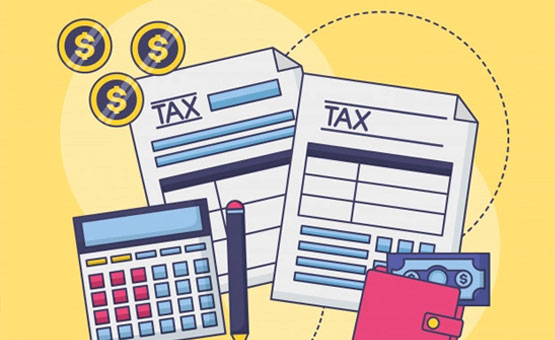
GST is a product of the biggest tax reform in India that has tremendously improved the ease of doing business and also increased the taxpayer base in India by including millions of small businesses under one uniform tax system. The tax complexities have reduced considerably due to the introduction of GST in India. As multiple tax systems are abolished and subsumed into a single, simple tax system under GST.
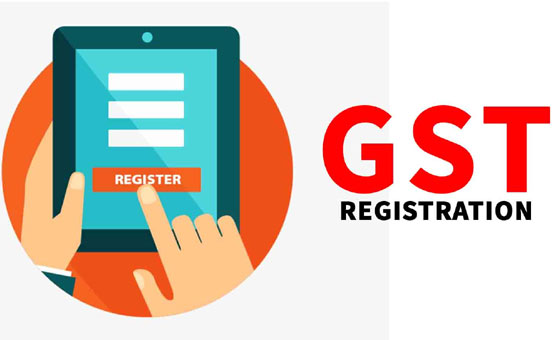
Import Export (IE) Code India is a registration of an import and export companies with Indian Custom department that import and export commodities from India. IE Code is issued by the Directorate General of Foreign Trade (DGFT), Ministry of Commerce and Industries, Government of India. IE Code application must be made to the Directorate General of Foreign Trade along with the necessary supporting documents.
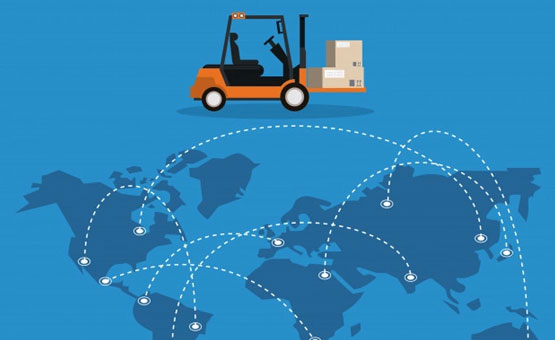
ISO 9001 is defined as the international standard that specifies requirements for a quality management system (QMS). Organizations use the standard to demonstrate the ability to consistently provide products and services that meet customer and regulatory requirements.

The recent changes in the definition of micro, small, and medium-sized enterprises (MSME) made as a part of the Atmanirbhar Bharat Abhiyaan relief package and now the investment and turnover figures were changed to larger values as indicated below. MSMEs are defined based on the criteria of investment in plant and machinery and turnover.
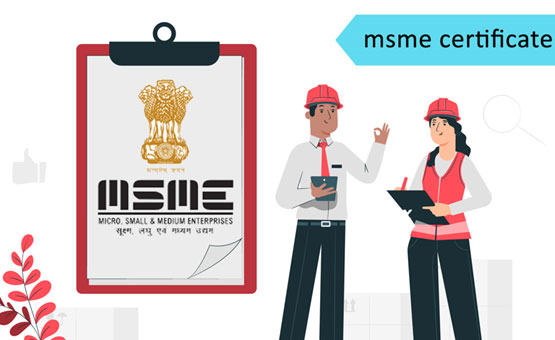
A digital signature is a mathematical scheme for verifying the authenticity of digital messages or documents. A valid digital signature, where the prerequisites are satisfied, gives a recipient very strong reason to believe that the message was created by a known sender (authentication), and that the message was not altered in transit (integrity). Digital signatures are a standard element of most cryptographic protocol suites, and are commonly used for software distribution, financial transactions, contract management software, and in other cases where it is important to detect forgery or tampering.

Printtech Media is the website designing company in Indore, established in the year 2014 providing web services & solutions such as Website Designing, Domain Registration, Web hosting, Website Development, E-commerce, Social Media Optimization.
